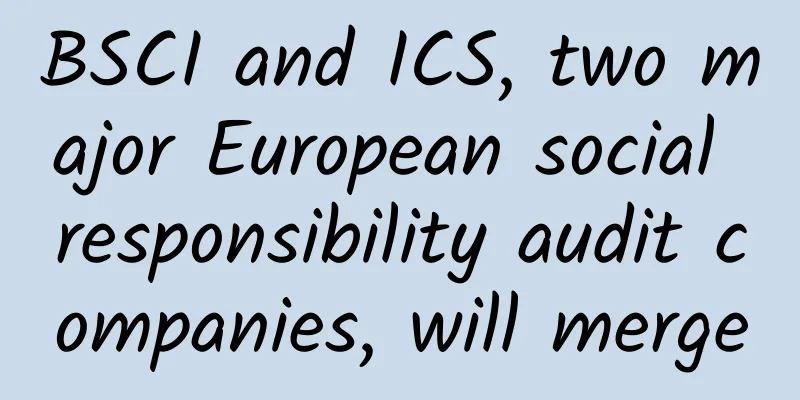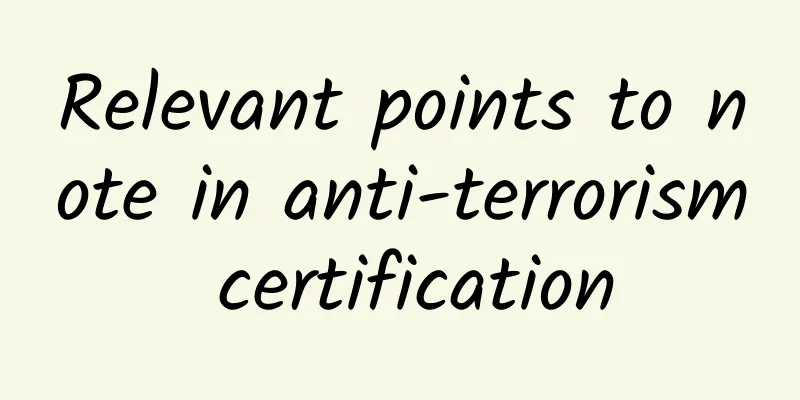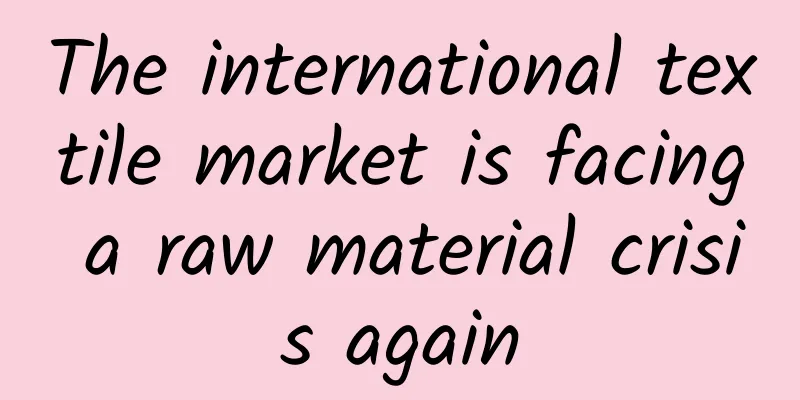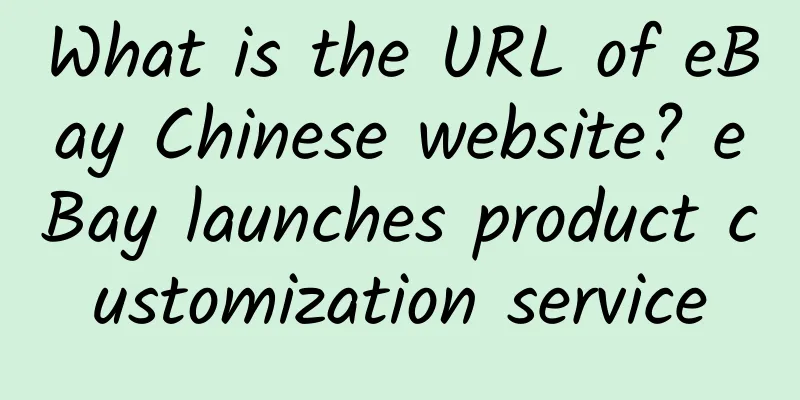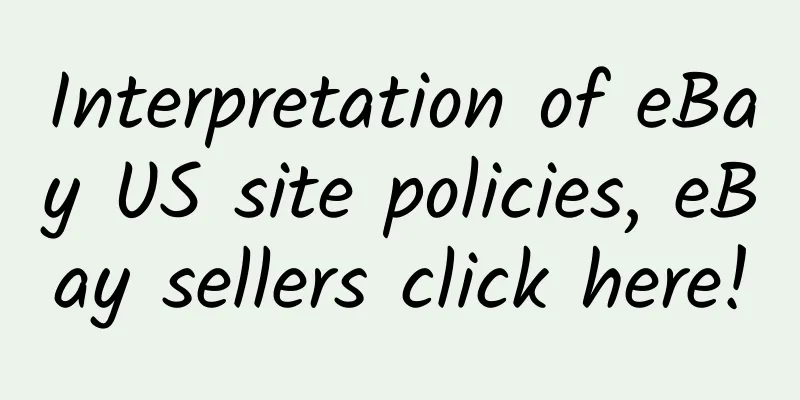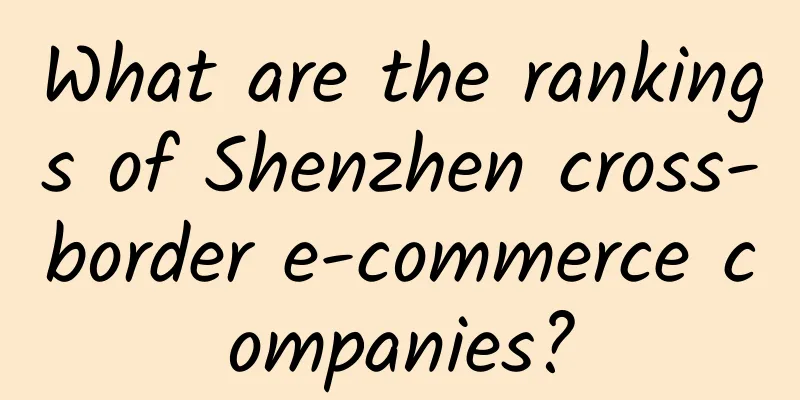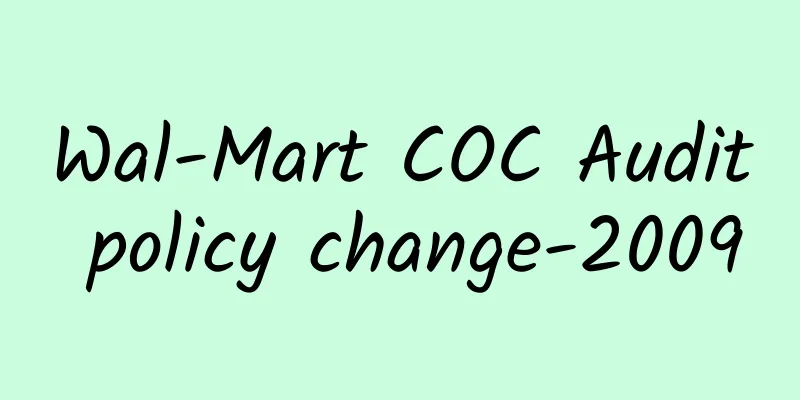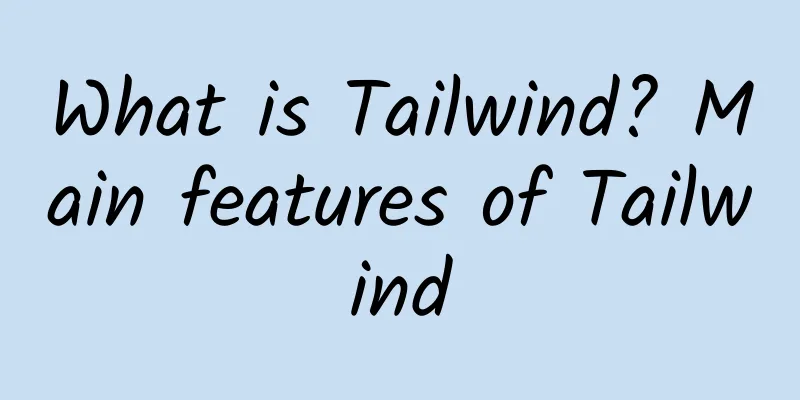Introduction to GOTS organic cotton certification agency
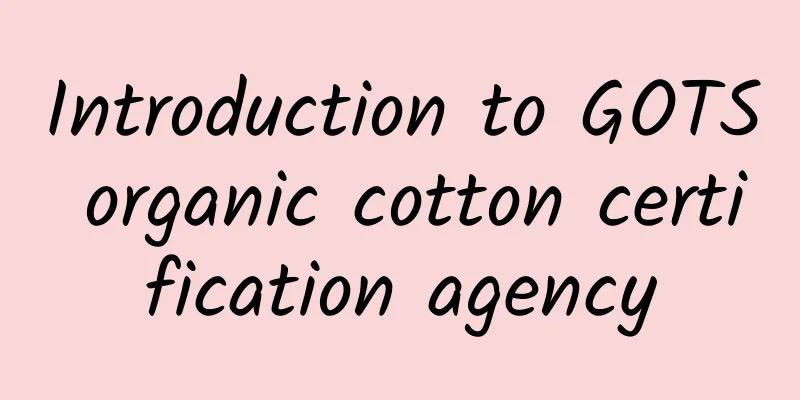
|
GOTS Global Organic Textile Certification Standard allows textile manufacturers to export organic textiles and clothing to major markets around the world. Since September 2006, the German International Natural Textile Association IVN, the British Soil Association SA, the American Organic Trade Association OTA and the Japanese Organic Cotton Association JOCA have also decided to adopt the GOTS standard. The purpose of the Global Organic Textile Standard is to ensure that textile manufacturers' organic fabrics and clothing are certified and recognized in all major world markets, which is an important step towards consistent and transparent textile labeling. The GOTS International Working Group has officially approved IMO as the first certification body: IMO certification will detail the requirements to ensure the organic status of textiles, from the harvesting of raw materials to environmental and social responsibility and manufacturing labeling, providing credible guarantees for end consumers. As the global certification body for organic textiles, IMO can also approve dyes and auxiliaries provided by dye suppliers for dyeing and treatment of organic textiles. There are many organizations engaged in the designation and certification of organic cotton standards. The International Federation of Organic Agriculture Movement (1FOAM) is one of the main international certification bodies and has formulated the influential "Organic Textile Standards". Other well-known international certification bodies include the Organic Trade Association (OTA) in the United States, the Soil Association (Soil Association) in the United Kingdom, the International Association Natural Industry (IVN.International Association Natural Industry) in Germany, the international organization Demeter in Europe, KRAV in Sweden and Northern Europe, and the Japan Organic Cotton Association (JOCA) in Japan. The Institute for Marketecology (IMO) in Switzerland and Skal in the Netherlands are well-known international certification bodies. IMO can conduct certification on behalf of OTA, INV, Demeter, etc. IMO is also the certification body for Walmart's organic cotton project in China, Turkey, India, Pakistan and African countries. The above content is an introduction to the GOTS organic cotton certification agency, and it also helps factories learn more about GOTS organic cotton certification. If you have any problems with GOTS organic cotton certification and don’t know how to solve them, please call Shanghai Chaowang for consultation. We have consultants with decades of factory inspection experience to help you solve factory inspection problems, so that you no longer have to worry about factory inspections. |
<<: Sears factory inspection implementation of legal and regulatory requirements
>>: GOTS organic cotton certification planting requirements
Recommend
What is Yibang Power Network? What services and products does Yibang Power Network have?
Yibang Power Network is an authoritative domestic...
How to sell well on eBay? Where to start?
Many new eBay sellers may still be unfamiliar wit...
What does Macy's factory inspection include?
What does Macy's factory inspection include ?...
China's passive position at the end of the global supply chain causes workers to work overtime
This is largely due to China's position at th...
How is XunBee IoT? What are its advantages?
How about XunBee IoT? XunFeng IoT is based on glo...
A&F Counter-Terrorism Assessment Document Checklist
Scope of Counter-Terrorism Assessment Physical se...
What is ReviewMeta? What does ReviewMeta do?
What is ReviewMeta? ReviewMeta is a tool that ana...
Home Depot Anti-Terrorism Factory Audit Requirements
Home Depot Anti-Terrorism Factory Audit Requireme...
What support policies does Vova currently have? Is Vova easy to do?
Vova is a one-stop cross-border e-commerce platfor...
eBay full category sharing! Uncovering market trends and high-potential categories
At the sharing session, eBay's category manag...
SA8000 System Certification Crisis Countermeasures
Countermeasure 1: Win the market by product quali...
VF Factory Inspection——VF Company Profile
VF Corporation is one of the world's largest ...
What is RoHS certification? What scope does RoHS certification apply to?
What is RoHS certification? RoHS certification is...
Key points for application of African cotton certification (CMiA certification)
1. Steps to apply for African cotton certificatio...
CE certification evaluation model
CE certification can be said to be the most advan...
